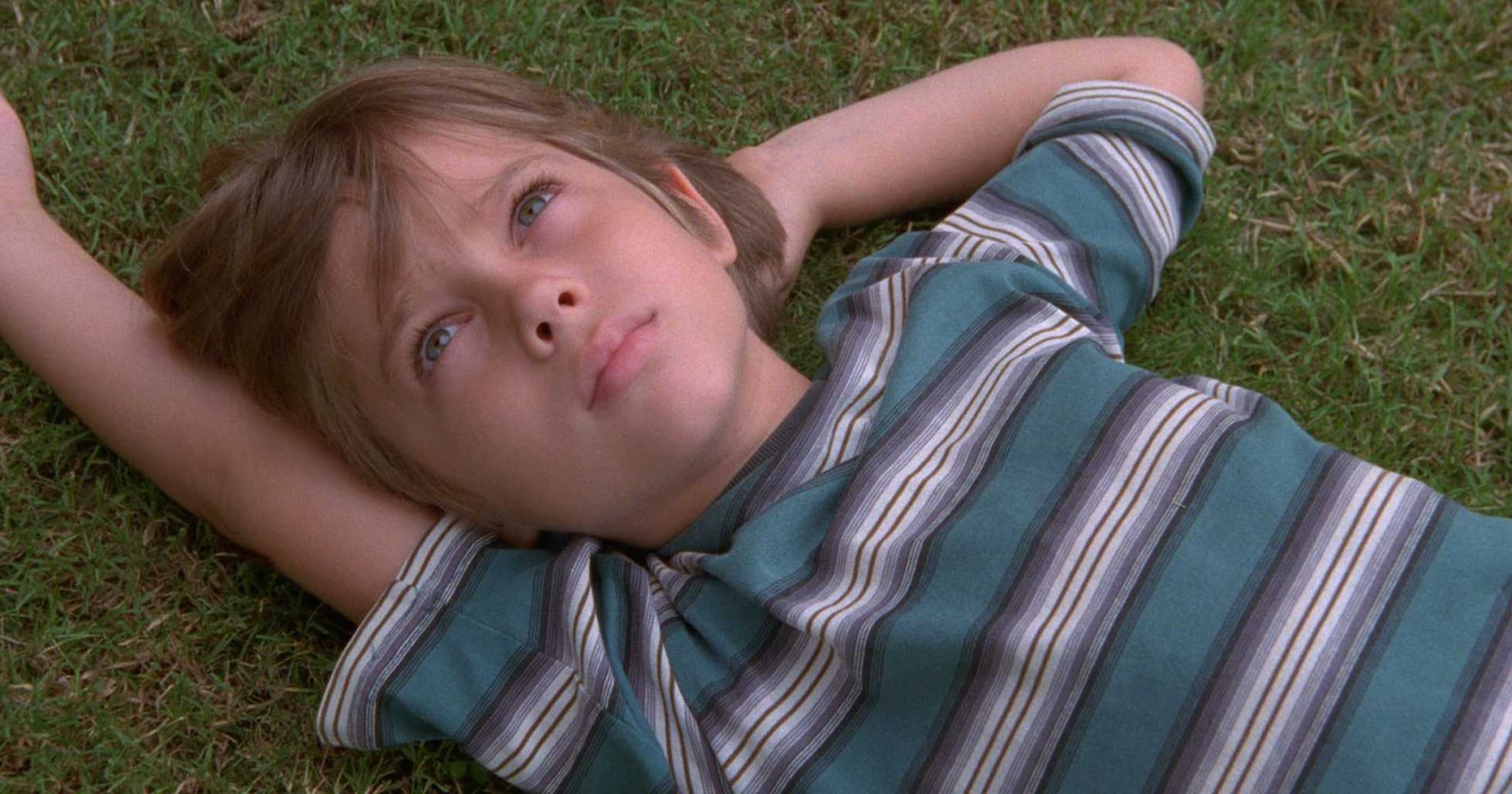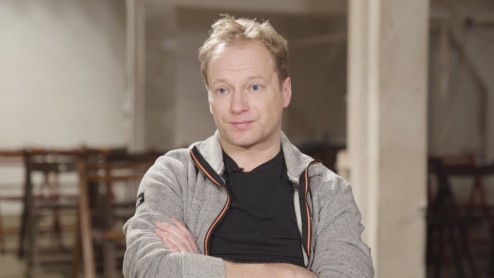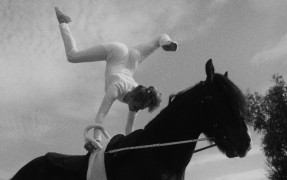
Why Time Seems to Go Faster with Age? 25.03.2019
New research aims to explain why days seem to drag on when we’re children, but pass in a flash once we reach adulthood.
According to Adrian Bejan, a professor at Duke University, children register a higher number of images than adults, a hypothesis based on the number of saccades, the simultaneous involuntary movements of the eye that take place when humans observe objects. It turns out that the number of saccades is much higher in infants (14 saccades per second) than in adults (3-5 saccades per second). Thus, younger brains collect and process a greater amount of stimuli within the same timeframe than adult brains, producing a lot more data in the process. This, in turn, leads to the illusion that time is somehow flowing slower.
The research also indicates that the growth of neural networks with age also has considerable impact on the experience of the passage of time. Adults register their environments much more slowly, and because their neural networks are much more complex, the recorded image has a longer way to travel. Thus, the brain ultimately receives less information. According to Bejan, the human mind bases its experience of the flow of time on the amount of stimuli it receives, so the less stimuli reach it in a given amount of time, the quicker time itself seems to be passing.
For more details, see the full report published by European Review HERE.
see also
- Life in a Post-Soviet Housing Project Now the Subject of a Video Game
News
Life in a Post-Soviet Housing Project Now the Subject of a Video Game
- Mick Champayne | Home is where the everything is
Trends
Mick Champayne | Home is where the everything is
- It was a record-breaking year for cinemas around the world
News
It was a record-breaking year for cinemas around the world
- Hometown: Bodyguard to BBQ

Trends
Hometown: Bodyguard to BBQ
discover playlists
-
Paul Thomas Anderson
 02
02Paul Thomas Anderson
-
Papaya Young Directors 6 #pydmastertalks
 16
16Papaya Young Directors 6 #pydmastertalks
-
Inspiracje
 01
01Inspiracje
-
Papaya Young Directors 5 Awarded films
 09
09Papaya Young Directors 5 Awarded films
